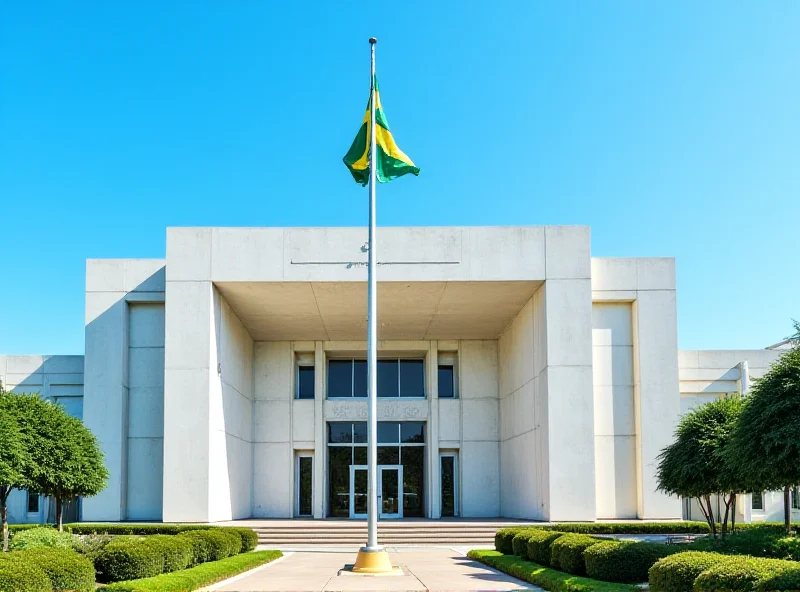Brazil's political landscape is currently buzzing with activity, ranging from corruption inquiries to economic measures. Here's a rundown of some of the key developments:
Janones' Deal to End 'Rachadinha' Inquiry
Congressman Janones has reached a non-prosecution agreement with the Attorney General’s Office (PGR) to effectively close the inquiry related to the 'rachadinha' corruption allegations. This agreement requires Janones to pay R$157 thousand over at least one year. The PGR has requested the Supreme Federal Court (STF) to ratify this deal. This move has sparked considerable debate, with some questioning the fairness of allowing such agreements in cases involving alleged corruption.

Bolsonaro's Defense and Potential Flight Risk
Former President Bolsonaro has presented his defense against a complaint filed by the PGR at the STF. His defense document, spanning 130 pages, outlines his arguments and includes a request to call 13 witnesses. Meanwhile, certain deputies, identified as Petistas, are urging the PGR to impose electronic monitoring measures on Bolsonaro, citing the possibility that he may attempt to flee the country via land routes. This request underscores the ongoing tensions and uncertainties surrounding Bolsonaro's legal situation.
Adding to the legal drama, Mauro Cid, a former aide to Jair Bolsonaro, is requesting that the STF uphold his plea bargain agreement. Cid claims he was merely following orders and is seeking a summary acquittal. His case is also under investigation by the PGR.
"The deputies claim that electronic monitoring is 'essential' due to the possibility that the ex-president may flee by land routes."
Alckmin Announces Measures to Reduce Food Prices
On the economic front, Vice President Alckmin has announced measures aimed at reducing food prices. These measures include eliminating import tariffs on some products and providing an incentive to lower the price of products in the basic food basket. The goal is to alleviate the financial burden on Brazilian families, particularly those struggling with the rising cost of living. These measures are seen as a crucial step in addressing economic challenges and promoting social welfare.

Controversy Over Transgender Quotas
A women’s organization has initiated legal action against the implementation of reserved quotas for transgender individuals at UFSC (Federal University of Santa Catarina). The organization is contesting the university resolution that guarantees reserved vacancies in entrance exams and public contests for those identifying with a minority group. This lawsuit highlights the ongoing debate surrounding affirmative action policies and their impact on different segments of society.
These political developments reflect the dynamic and often contentious nature of Brazilian politics, with legal battles, economic reforms, and social debates shaping the country's future.

